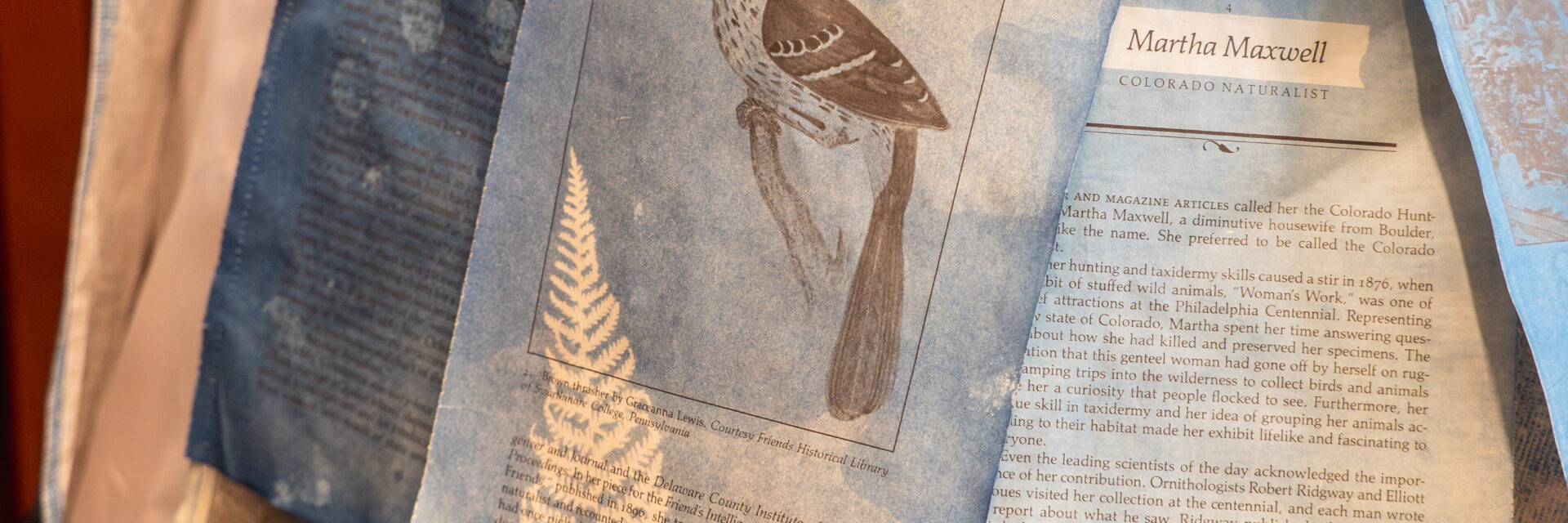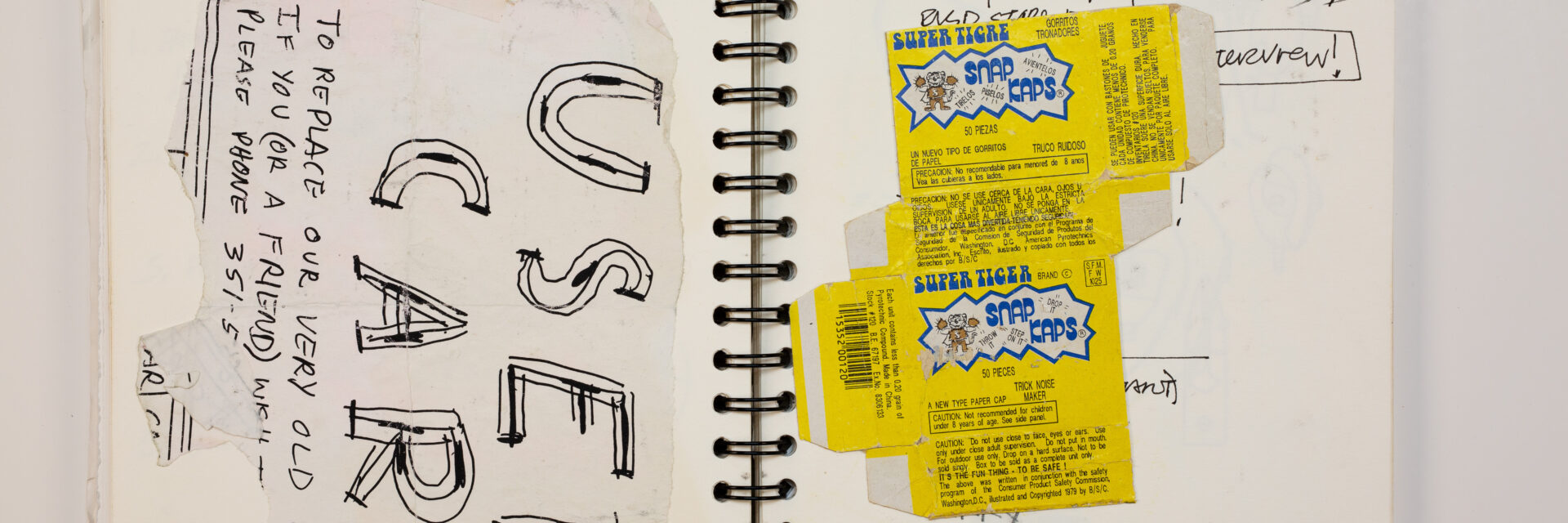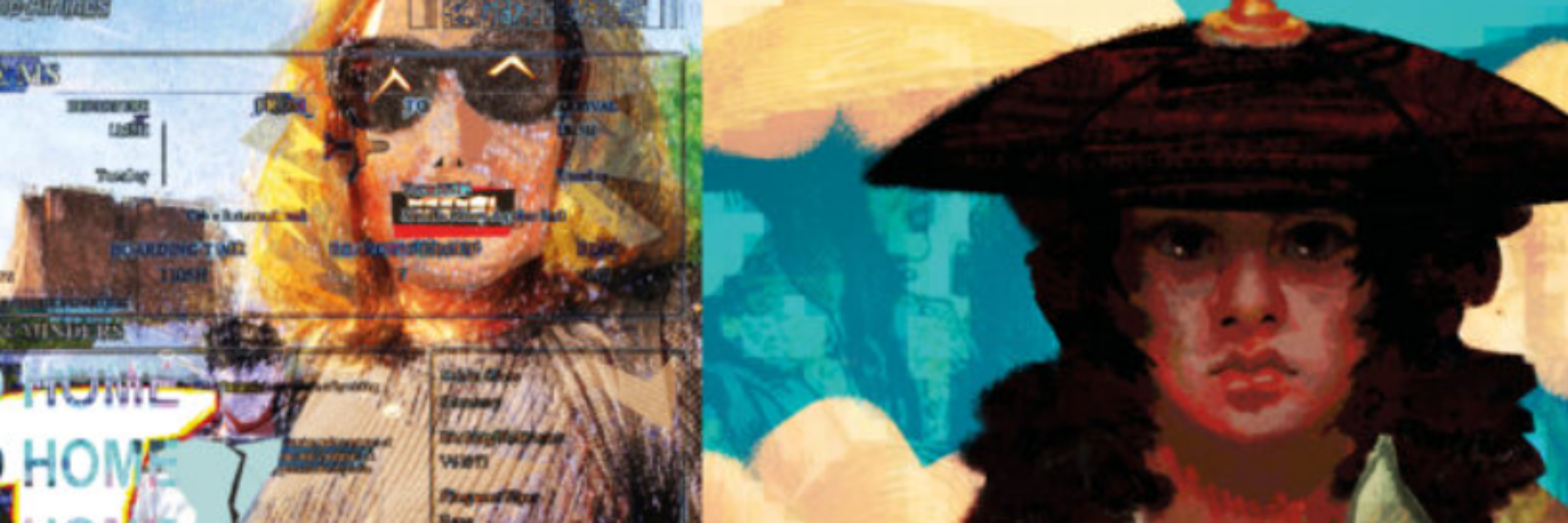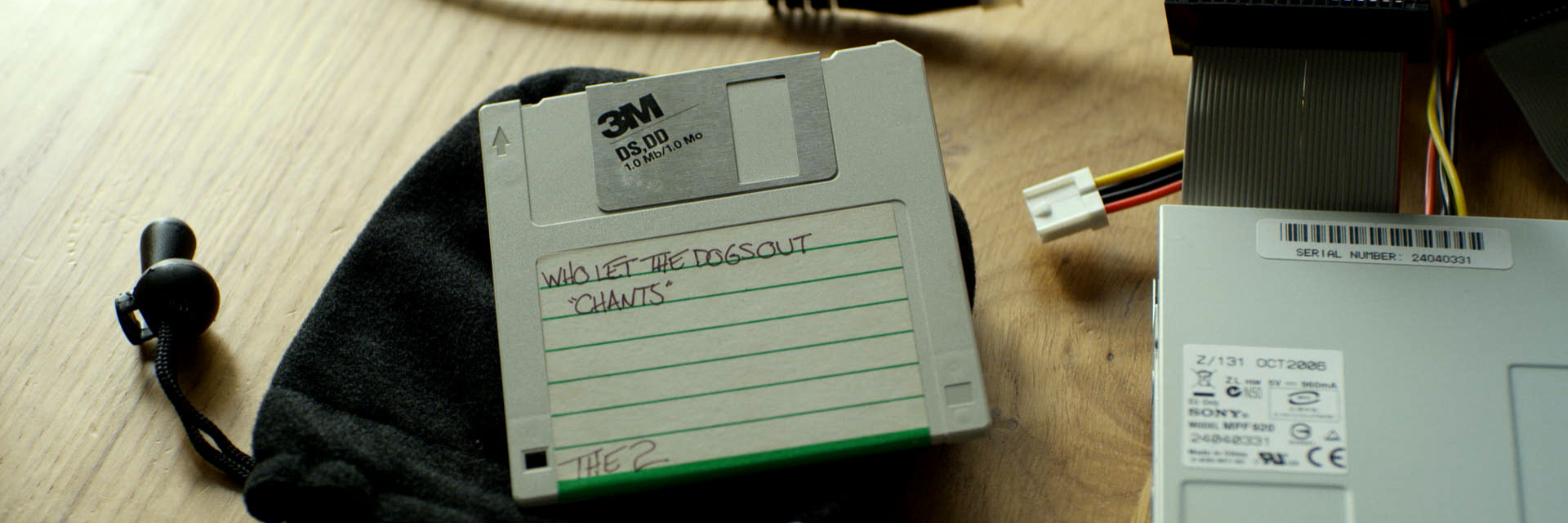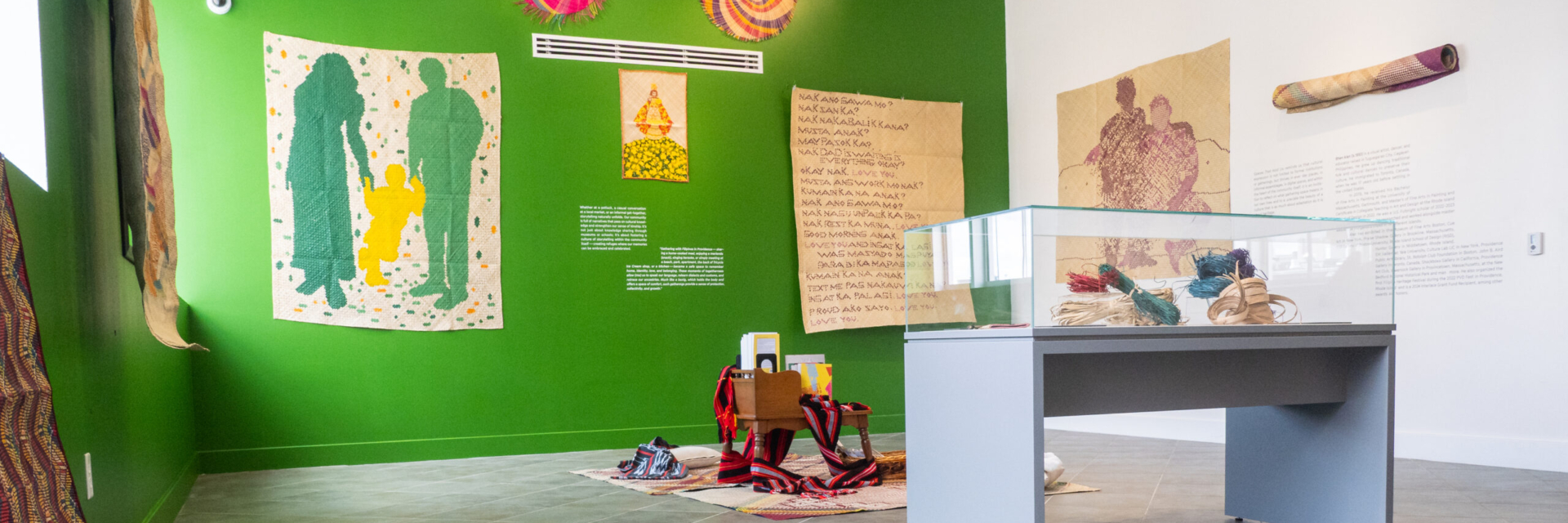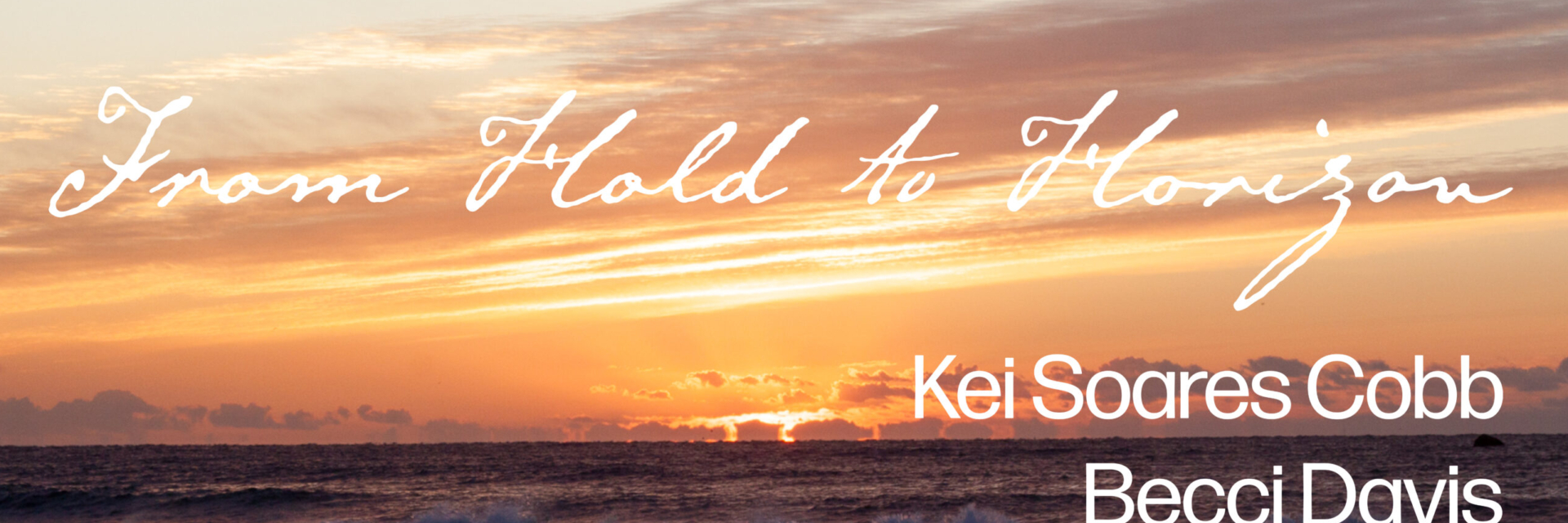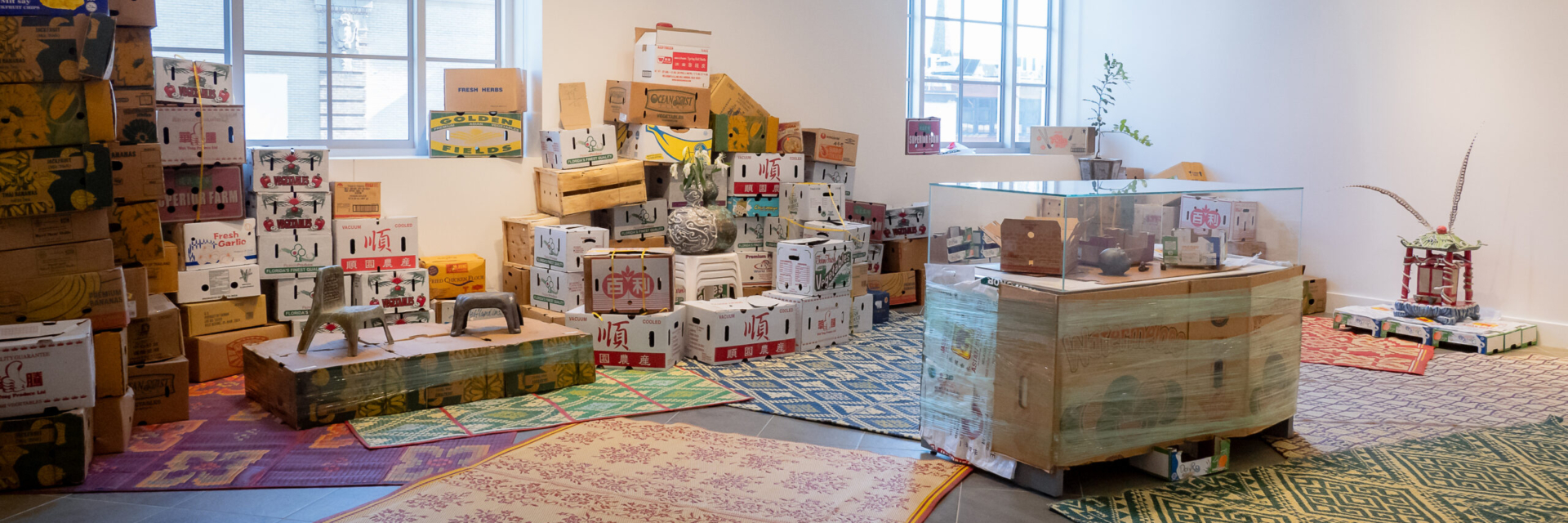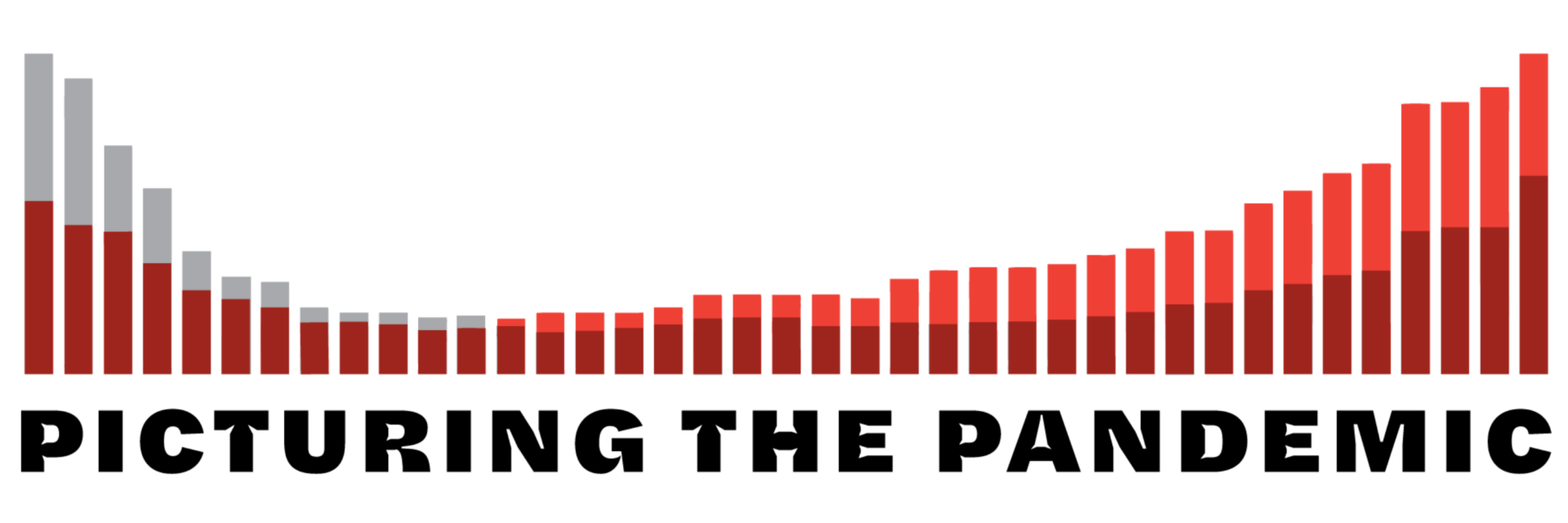Adaptive Practices: Six Artists Redefine Isolation and Distraction
Overview
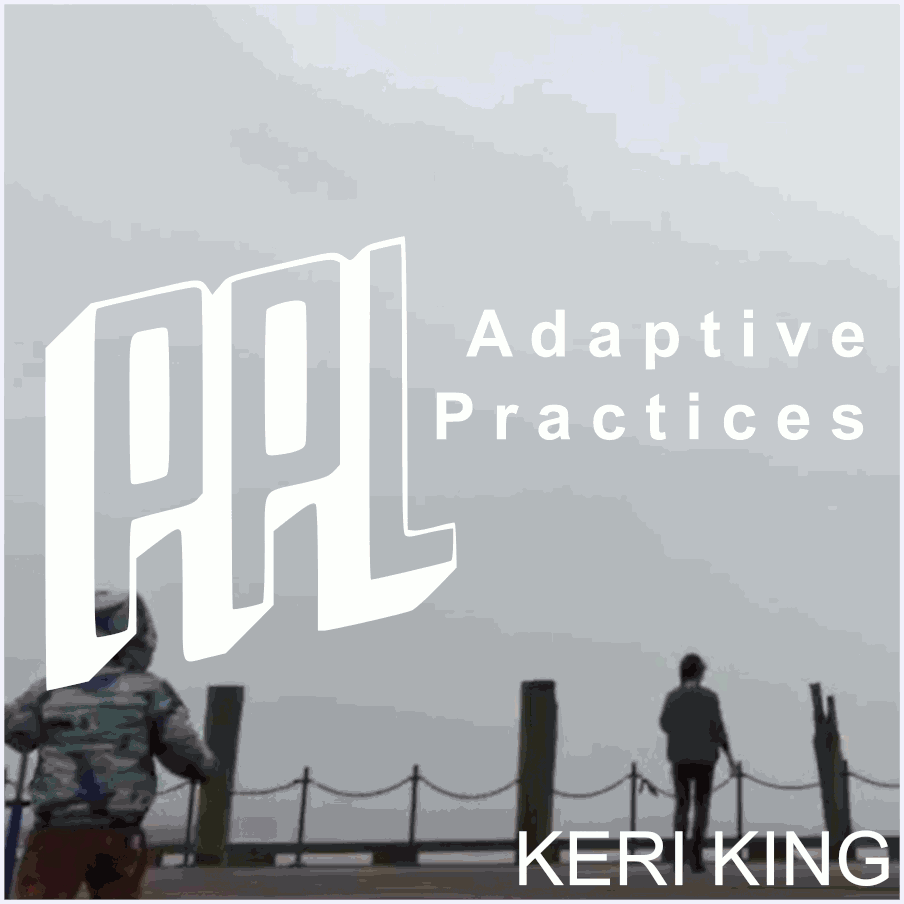 Adaptive Practices: Six Artists Redefine Isolation and Distraction was an interactive project developed at PPL in the spring of 2020 as the pandemic necessitated closing public spaces and prohibited public gatherings. In those early weeks we heard and read increasing expressions of anxiety, both in and beyond our own community, about how to navigate unrelenting uncertainty, fluctuating productivity, and debilitating isolation during quarantine. When the pandemic arrived, we all had to adapt to new practices and routines, professional and personal, evolving in response to all that was suddenly unavailable, inaccessible, inadvisable, or not allowed. As the weeks went by, our lives were increasingly bound by constraints.
Adaptive Practices: Six Artists Redefine Isolation and Distraction was an interactive project developed at PPL in the spring of 2020 as the pandemic necessitated closing public spaces and prohibited public gatherings. In those early weeks we heard and read increasing expressions of anxiety, both in and beyond our own community, about how to navigate unrelenting uncertainty, fluctuating productivity, and debilitating isolation during quarantine. When the pandemic arrived, we all had to adapt to new practices and routines, professional and personal, evolving in response to all that was suddenly unavailable, inaccessible, inadvisable, or not allowed. As the weeks went by, our lives were increasingly bound by constraints.
But they were also buoyed, if less predictably, by ingenuity and resourcefulness, some days our own, more often what was offered by others. In March, as we considered how PPL might re-imagine our programming to both reflect and work within the perimeters of this new reality, we inventoried the assets we already had, and thought about how best to share them. Among the valuable resources we identified was our cadre of Creative Fellows: Laura Brown-Lavoie, Becci Davis, Kelly Eriksen, Keri King, Walker Mettling, and Micah Salkind, six artists and creators who had each worked on a long-term, original project within our Special Collections, generating new meanings for these collections and bringing them to new audiences. We thought about how, as artists, their endeavors often encompassed venturing into the unknown, enduring “fallow” periods of reflection and synthesis in which no immediate “product” would result, and working in solitude when research or experimentation was necessary. So we asked them to share their work with us in a way that would allow us to see and maybe even experience how they navigate and negotiate these conditions of uncertainty and unfamiliarity, and the result was this project.
We’re so grateful to our Fellows for their generosity, curiosity, engagement, and humor. While the project was completed in early May, you can still access their thinking, their creations, and in some cases recordings of public online gatherings that were part of their programs. We hope that these events and activities give you new possibilities for connection, reflection, reframing, distraction, concentration, reassurance, repose, change of pace, change of perspective, enjoyment, anticipation, and calm - in whatever combination is right for you. We can't change what's happening in this period of instability, but our hope was that with the help of some creative practitioners, we can gain new ways to respond to its challenges.
For more information about Adaptive Practices, please contact Christina Bevilacqua, Programs & Exhibitions Director.

 Friday, April 17, 7 - 8pm, Friday, April 24, 7 - 8pm artist Becci Davis presents An Ode to Home, parts one & two
Friday, April 17, 7 - 8pm, Friday, April 24, 7 - 8pm artist Becci Davis presents An Ode to Home, parts one & two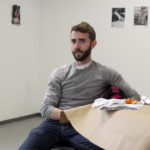 Hold The Portal Open is an experiment in narrative mixing, a technique wherein disco and house DJs use the lyrical content of songs to tell a story that complements affective shifts supported by music. Lyrics augment the ways that key, tempo, energy level, and other musical factors shift the ways we think, feel, and understand a sonic experience over time.
Hold The Portal Open is an experiment in narrative mixing, a technique wherein disco and house DJs use the lyrical content of songs to tell a story that complements affective shifts supported by music. Lyrics augment the ways that key, tempo, energy level, and other musical factors shift the ways we think, feel, and understand a sonic experience over time.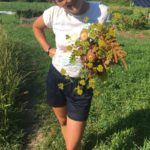
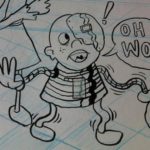 Walker Mettling is turning 40! He's going to post up in his apartment doorway for a 24-hour marathon birthday drawing project. With a view of the street, he'll make a comic book or a book of hours or something even more exciting that is yet to unfold!
Walker Mettling is turning 40! He's going to post up in his apartment doorway for a 24-hour marathon birthday drawing project. With a view of the street, he'll make a comic book or a book of hours or something even more exciting that is yet to unfold!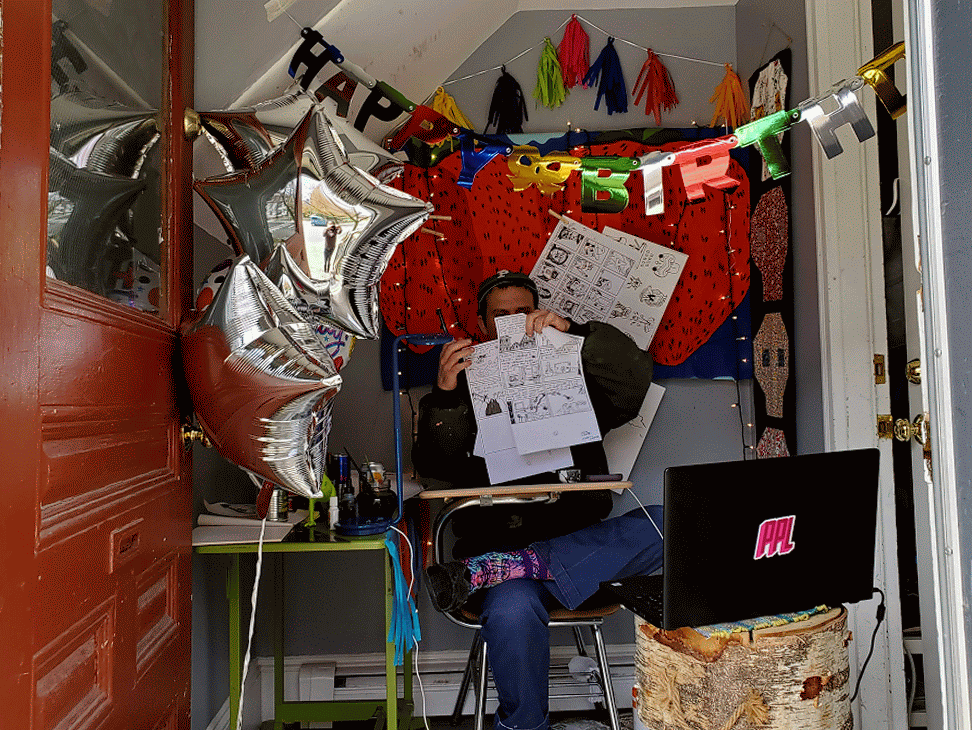
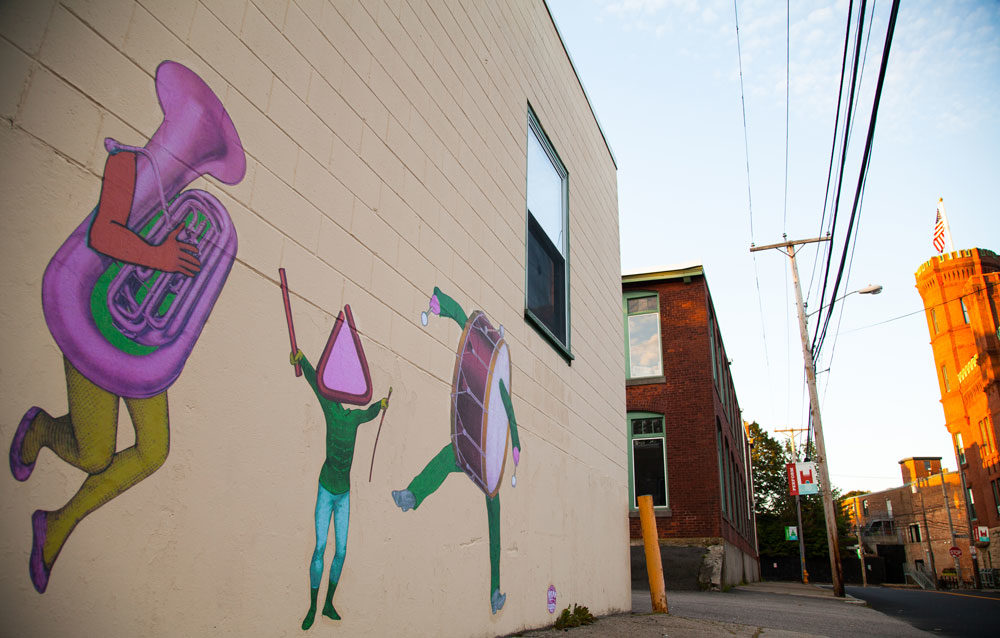
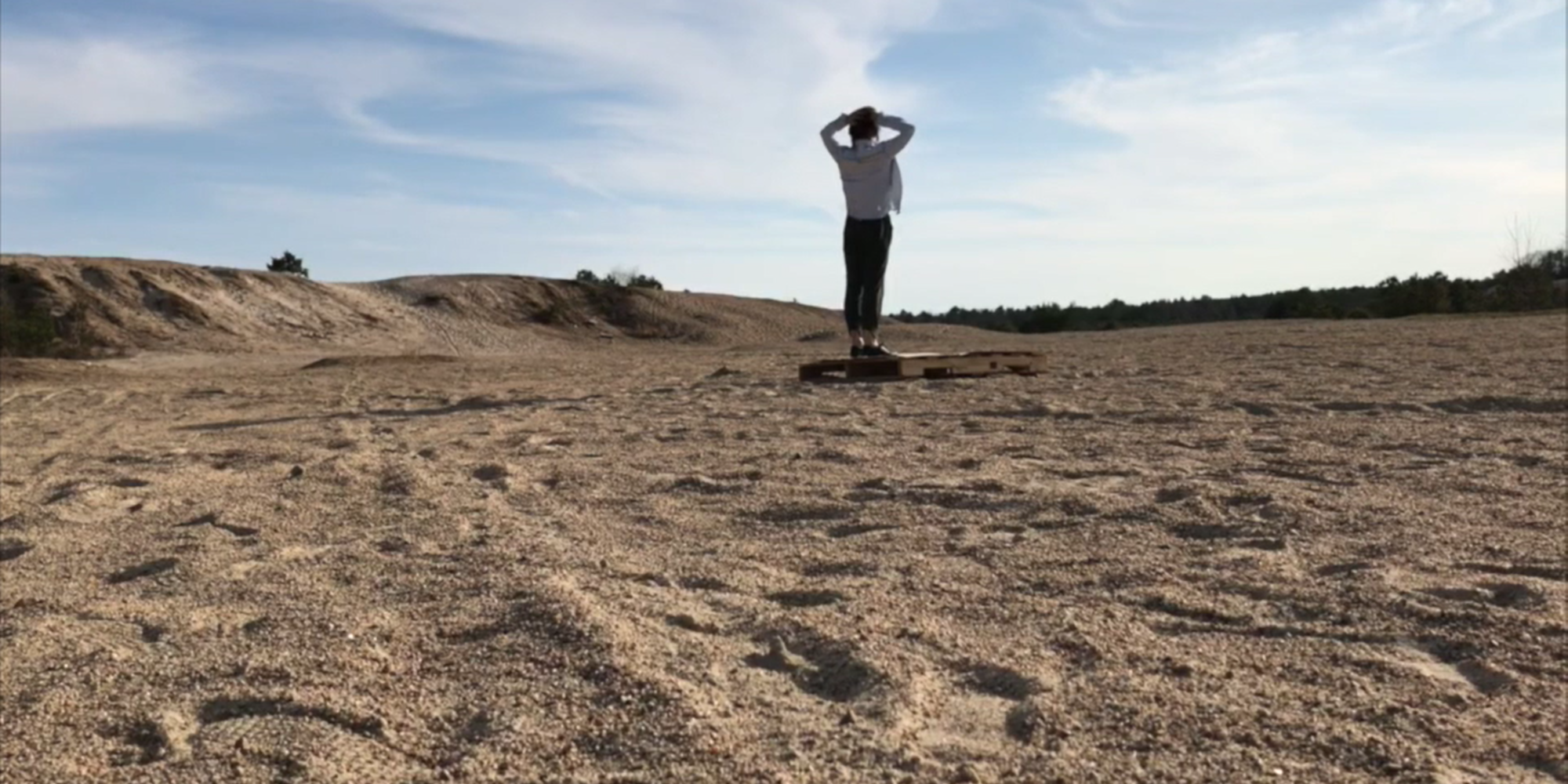
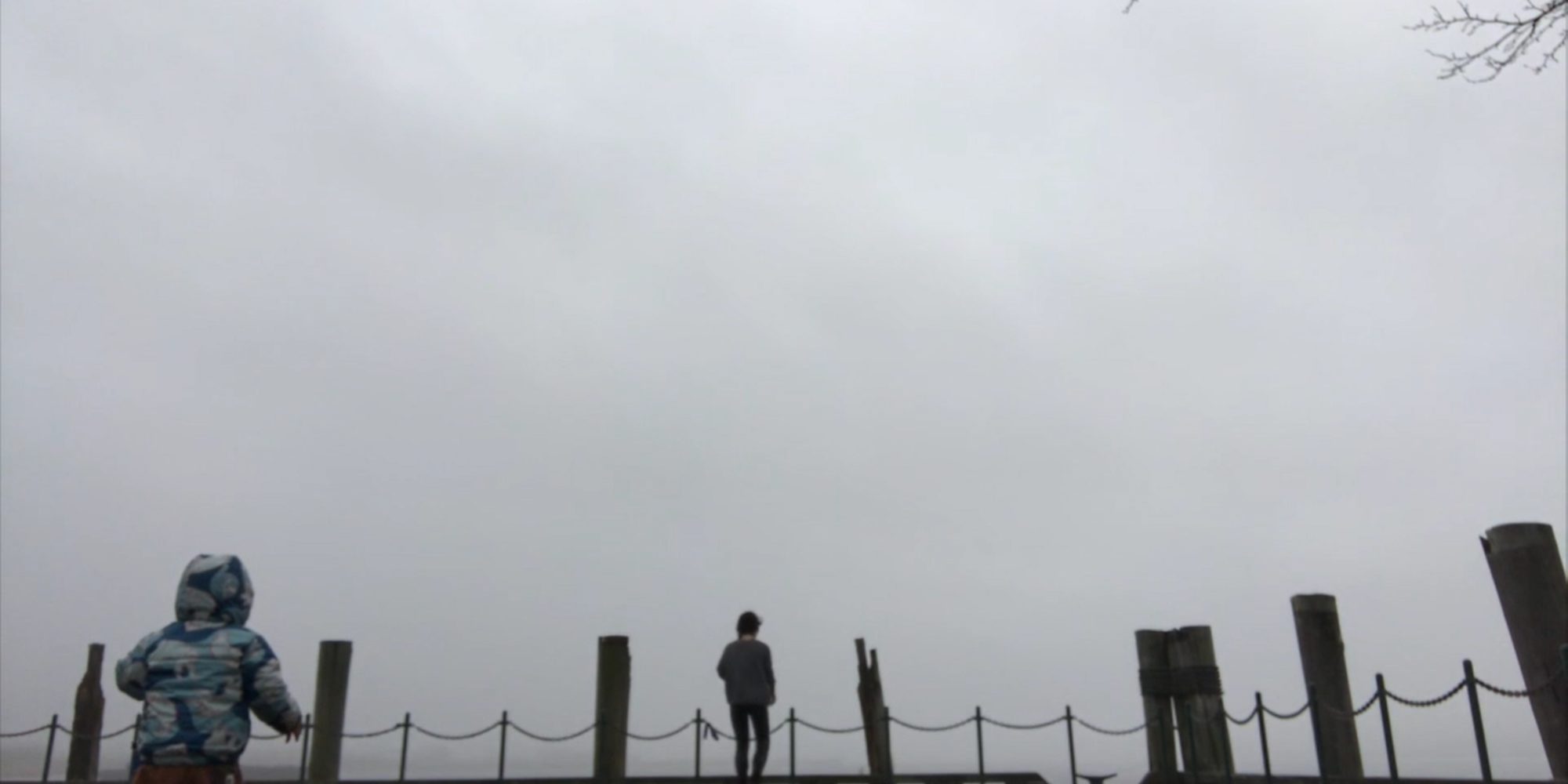
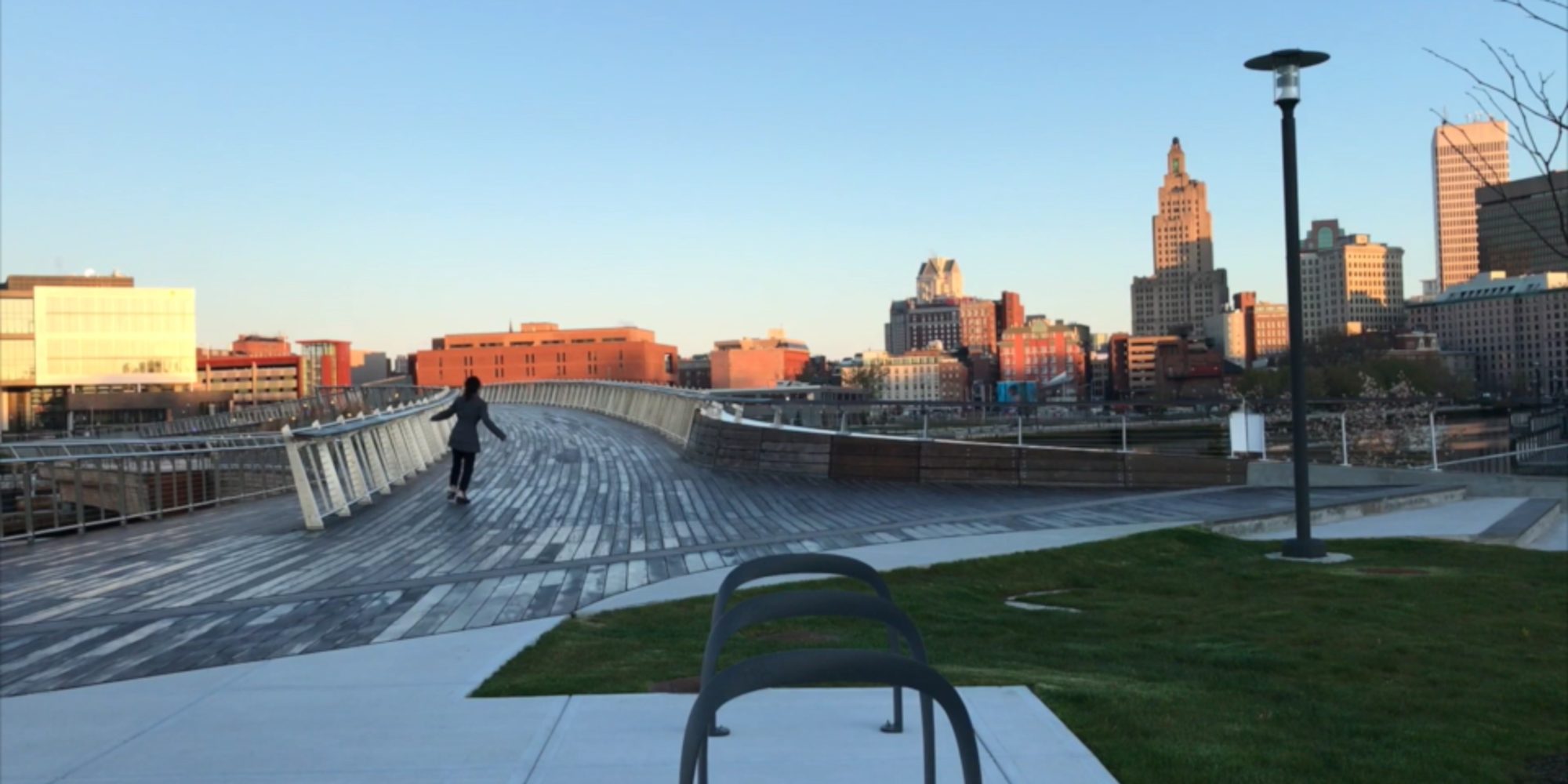


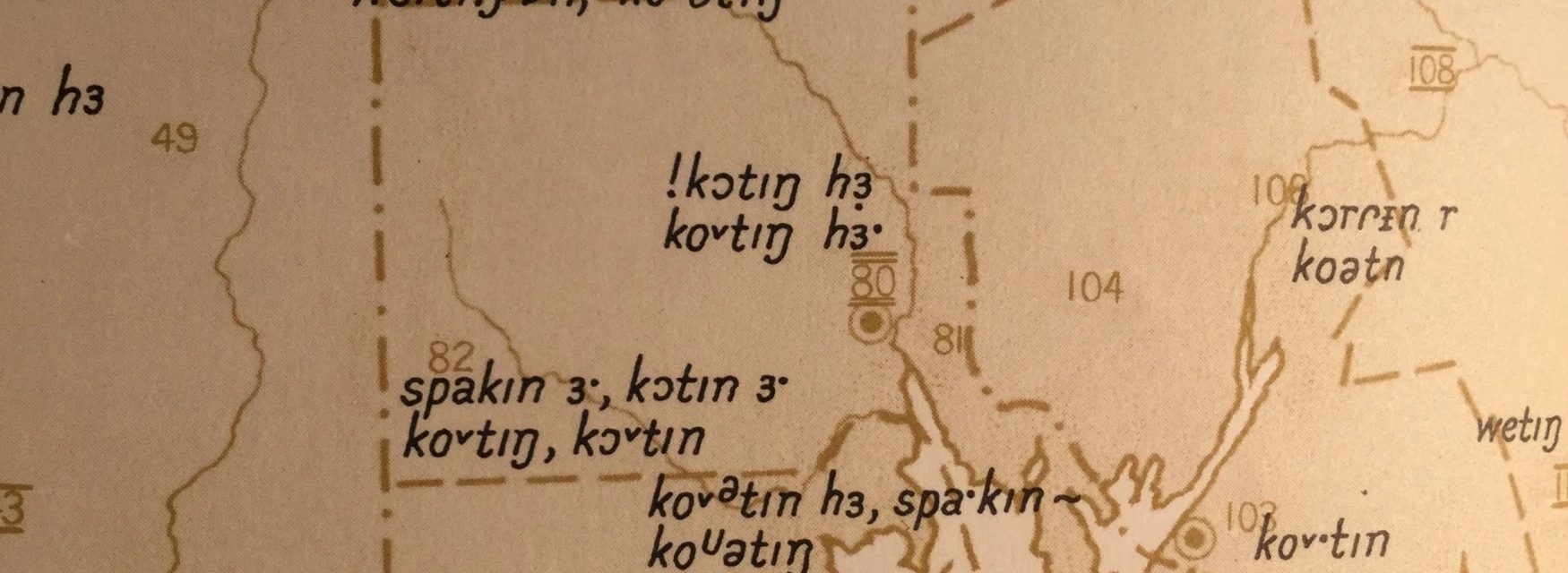 During my PPL Creative Fellowship this year, working in the medium of sound, I've been researching something called the Linguistics Atlas Project (LAP), which was a survey conducted from 1930 to 1980 to collect information about the way English is spoken across the United States. Part of the data collected for this project includes hundreds of hours of interviews where people were prompted to say "everyday words,” and I've been listening to parts of these interviews over and over again on my computer. For part one of How People Talk/A Composition of Conversations I’ll share recordings from these “anonymous” interviews for everyone to hear, and talk a bit about my experience of repeated listening to them, including some of the questions about the interviews and the experience of listening to them that have come up for me through the process of repeated listenings. What does it mean to record a voice? And what does it mean to be able to rewind and fast forward through that recording, and pause and play and pause and play, listening over and over and over again? What can we learn about how we use words, how we do and don't put them together in conversation, and why we make the choices we do?
During my PPL Creative Fellowship this year, working in the medium of sound, I've been researching something called the Linguistics Atlas Project (LAP), which was a survey conducted from 1930 to 1980 to collect information about the way English is spoken across the United States. Part of the data collected for this project includes hundreds of hours of interviews where people were prompted to say "everyday words,” and I've been listening to parts of these interviews over and over again on my computer. For part one of How People Talk/A Composition of Conversations I’ll share recordings from these “anonymous” interviews for everyone to hear, and talk a bit about my experience of repeated listening to them, including some of the questions about the interviews and the experience of listening to them that have come up for me through the process of repeated listenings. What does it mean to record a voice? And what does it mean to be able to rewind and fast forward through that recording, and pause and play and pause and play, listening over and over and over again? What can we learn about how we use words, how we do and don't put them together in conversation, and why we make the choices we do?